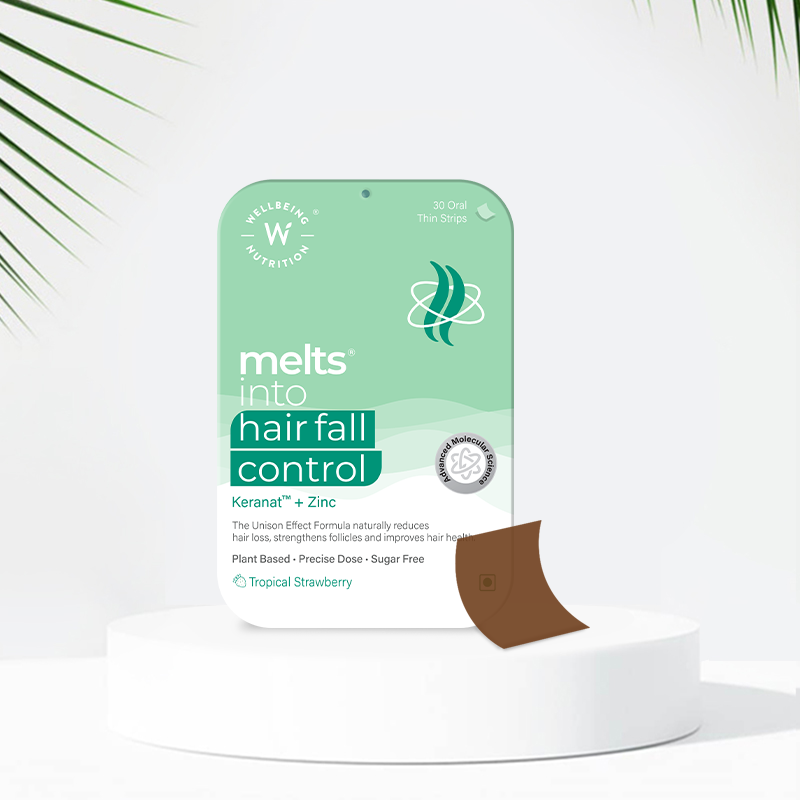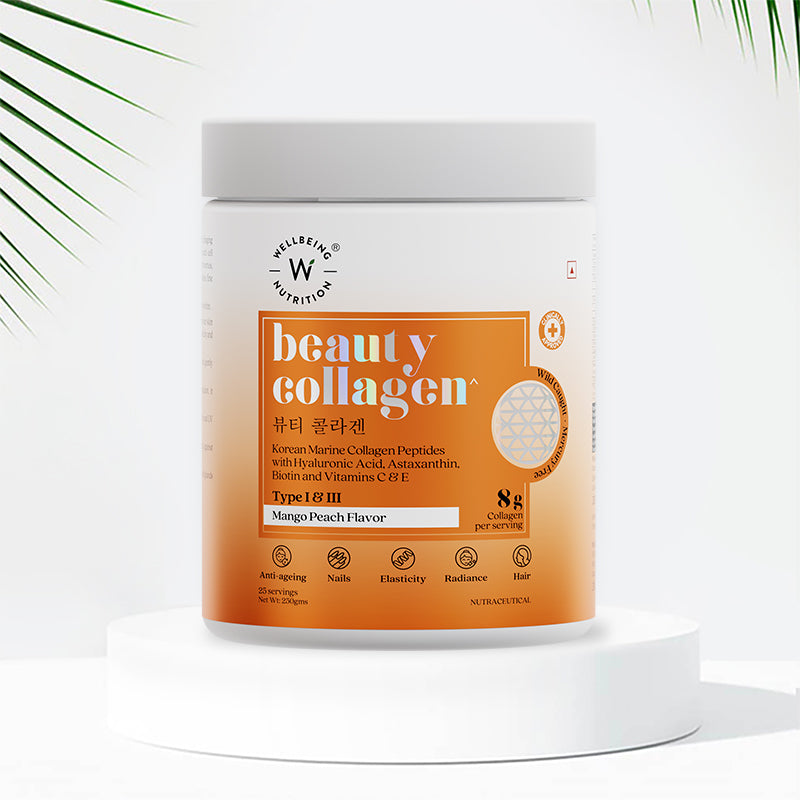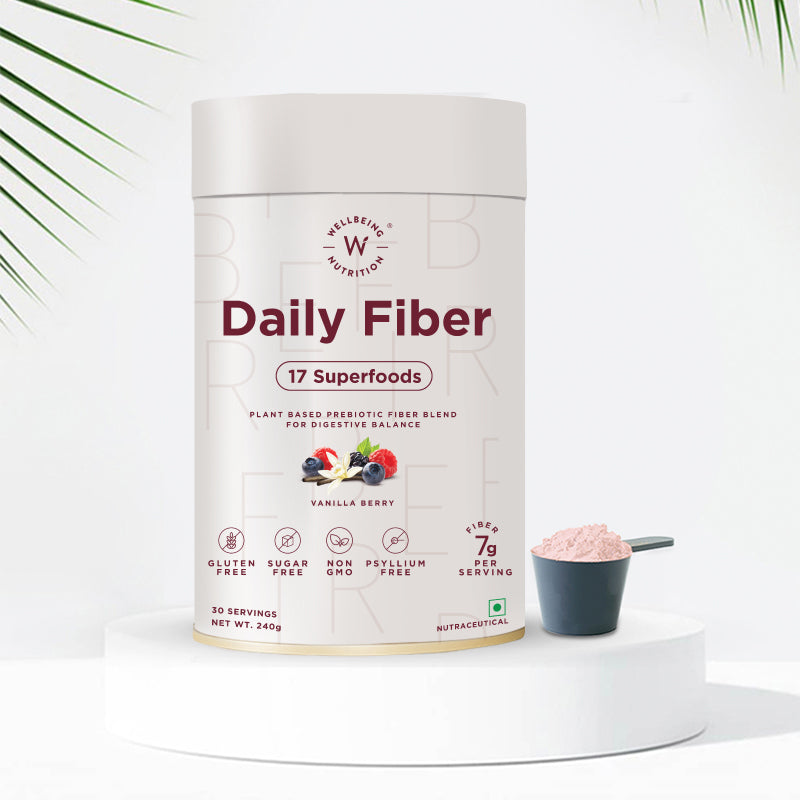Natural Remedies for Muscle Cramps

Natural Remedies for Muscle Cramps
Muscle cramps can be a painful and uncomfortable experience for many individuals. These sudden and involuntary contractions of muscle fibers often occur in the legs, but can also affect the arms, abdomen, and other areas of the body. Understanding the causes and implementing preventative measures can help alleviate and even prevent muscle cramps from occurring.
Understanding Muscle Cramps
Defining Muscle Cramps
Muscle cramps, also known as muscle spasms or Charley horses, are temporary contractions of muscles that can last anywhere from a few seconds to several minutes. These cramps are often accompanied by intense pain and can leave the affected areas feeling sore and tender.
Various factors can contribute to the occurrence of muscle cramps, including dehydration, muscle fatigue, electrolyte imbalances, and poor blood circulation. Dehydration, in particular, can disrupt the balance of electrolytes in the body, leading to muscle cramps. Muscle fatigue from overuse or inadequate stretching before physical activity can also trigger cramps by causing the muscles to contract involuntarily.
Common Symptoms of Muscle Cramps
In addition to the sudden and involuntary muscle contractions, individuals experiencing muscle cramps may also notice muscle stiffness, a visible bulging or hardening of the affected muscle, and difficulty with movement or standing. The pain experienced during a cramp can range from mild to excruciating, making it crucial to find effective relief.
It is essential to differentiate between muscle cramps and other similar conditions such as muscle spasms and muscle twitches. Muscle spasms are sudden, involuntary contractions of a muscle or group of muscles, often causing a visible twitching or jerking movement. On the other hand, muscle twitches are small, involuntary movements of a small area of muscle, usually harmless and fleeting.
Exploring the Causes of Muscle Cramps
Dehydration and Muscle Cramps
One of the primary causes of muscle cramps is dehydration. When the body lacks proper hydration, it can result in an electrolyte imbalance, specifically a deficiency in potassium, sodium, and magnesium. These electrolytes play a vital role in muscle function and interruptions in their balance can lead to cramping.
Dehydration can occur due to various factors such as excessive sweating during intense physical activities, inadequate fluid intake, or certain medical conditions. It is crucial to maintain proper hydration levels by drinking an adequate amount of water throughout the day, especially before, during, and after exercise to prevent muscle cramps.
Nutrient Deficiency and Muscle Cramps
Besides dehydration, a deficiency in certain nutrients can also contribute to muscle cramps. In particular, low levels of potassium, calcium, and magnesium have been associated with increased muscle cramping. It is essential to maintain a balanced diet rich in these nutrients to support optimal muscle health.
Potassium, found in foods like bananas, sweet potatoes, and spinach, is crucial for muscle contraction and nerve function. Calcium, abundant in dairy products and leafy greens, plays a vital role in muscle contraction. Magnesium, present in nuts, seeds, and whole grains, is essential for muscle relaxation. Ensuring an adequate intake of these nutrients can help prevent muscle cramps and support overall muscle function.
Overexertion and Muscle Cramps
Overexertion of muscles, either through intense physical activity or extended periods of inactivity, can lead to muscle cramps. Straining the muscles or engaging in repetitive movements without allowing for sufficient recovery time can cause fatigue and increase the risk of experiencing cramps.
It is important to listen to your body's signals during physical activity and avoid pushing yourself beyond your limits. Incorporating rest days into your workout routine, practicing proper stretching techniques, and gradually increasing the intensity of your workouts can help prevent muscle cramps caused by overexertion. Additionally, maintaining good posture and using proper body mechanics during physical tasks can reduce the strain on your muscles and lower the likelihood of experiencing cramps.
Prevention Strategies for Muscle Cramps
Importance of Hydration
Staying hydrated is crucial to avoid muscle cramps. Make it a habit to drink an adequate amount of water throughout the day, especially during strenuous activities. Replenishing electrolytes with drinks containing potassium, sodium, and magnesium can also aid in preventing cramps.
Hydration plays a vital role in maintaining the body's overall function, including muscle health. Water is essential for transporting nutrients to cells and removing waste products, helping muscles function optimally. Electrolytes like potassium, sodium, and magnesium are crucial for muscle contraction and relaxation, making them key players in preventing cramps.
Proper Nutrition to Prevent Cramps
A well-balanced diet is necessary to maintain healthy muscles and prevent cramps. Include foods rich in potassium, such as bananas, avocados, spinach, and oranges. Calcium from dairy products, fortified plant-based milks, and leafy greens can also help prevent muscle cramps.
Proper nutrition provides the building blocks for muscle health and function. Potassium-rich foods help maintain the body's fluid balance and support nerve transmission, crucial for preventing muscle cramps. Calcium, on the other hand, is essential for muscle contraction and plays a key role in preventing cramps by ensuring proper muscle function.
Stretching and Warm-up Exercises
Before physical activity, warm-up exercises and stretching can prepare the muscles for movement and decrease the risk of cramping. Gentle stretches that target the specific muscle groups involved in the activity can be especially beneficial. Incorporating regular flexibility exercises into your routine can also help prevent cramps in the long term.
Stretching not only improves flexibility but also enhances blood flow to the muscles, preparing them for activity and reducing the likelihood of cramps. Warm-up exercises gradually increase heart rate and circulation, priming the muscles for work and lowering the risk of cramping during physical exertion. Including a variety of stretches that engage different muscle groups can further reduce the chances of cramps occurring.
Immediate Relief for Muscle Cramps
Effective Stretching Techniques
When a muscle cramp strikes, stretching the affected muscle can provide immediate relief. Gently and slowly stretching the muscle in the opposite direction of the contraction can help relax the muscle fibers and alleviate the cramp. Applying light pressure with your hands or against a wall can aid in stretching those hard-to-reach muscles.
Furthermore, incorporating dynamic stretching into your routine can help prevent muscle cramps in the long term. Dynamic stretching involves moving parts of your body and gradually increasing reach and speed of movement. This type of stretching can improve flexibility, increase blood flow, and reduce muscle tension, all of which contribute to preventing cramps.
Heat and Cold Therapy
Applying heat or cold to the affected muscle can help relax the muscle and alleviate pain during a cramp. Heating pads, warm towels, or warm baths can promote relaxation and increase blood flow to the area. Alternatively, cold packs or ice wrapped in a cloth can help numb the area and reduce inflammation.
In addition to heat and cold therapy, incorporating magnesium-rich foods into your diet can also help prevent muscle cramps. Magnesium plays a crucial role in muscle function and deficiency can lead to cramping. Foods such as nuts, seeds, leafy greens, and whole grains are excellent sources of magnesium that can support muscle health and reduce the frequency of cramps.
Over-the-counter Medications
In certain cases, over-the-counter medications such as pain relievers or muscle relaxants may be recommended to provide immediate relief from severe muscle cramps. It is important to consult with a healthcare professional before using any medication to ensure it is safe and suitable for your circumstances.
Moreover, staying hydrated is essential in preventing muscle cramps. Dehydration can lead to an imbalance of electrolytes, such as potassium and sodium, which are crucial for muscle function. Ensuring you drink an adequate amount of water throughout the day can help maintain electrolyte balance and reduce the likelihood of experiencing cramps.
Magnesium Supplementation
Magnesium is essential for preventing muscle cramps and providing relaxation. Various magnesium supplementations with higher bioavailability and advanced formulas help prevent muscle cramps.
Foods That Help With Muscle Cramps
In addition to preventing muscle cramps through hydration and proper nutrition, consuming specific foods can provide targeted relief. Incorporating foods rich in potassium, magnesium, and calcium can help alleviate cramps. Consider including foods like sweet potatoes, leafy greens, almonds, and yogurt in your diet to support muscle health and reduce the risk of cramping.
Another essential mineral that can aid in preventing muscle cramps is sodium. While sodium is often associated with negative health effects, it plays a crucial role in muscle function and hydration. Including sources of healthy sodium, such as sea salt or celery, can help maintain the electrolyte balance necessary for muscle contraction and relaxation.
Furthermore, hydration is key to preventing muscle cramps. Dehydration can lead to imbalances in electrolytes, causing muscles to cramp more easily. Along with consuming water throughout the day, incorporating hydrating foods like watermelon, cucumbers, and oranges can contribute to your overall fluid intake and support muscle function.
When to Consult a Doctor
While most muscle cramps can be treated and prevented with lifestyle changes and natural remedies, sometimes they may be a symptom of an underlying condition. If you experience frequent or severe muscle cramps that do not respond to home remedies, it is advisable to consult a healthcare professional. They can help identify any potential underlying causes and provide appropriate guidance and treatment.
Conclusion
Muscle cramps can be a painful inconvenience, but with the implementation of natural remedies and lifestyle changes, they can be effectively managed and even prevented. Staying hydrated, maintaining a nutrient-rich diet, practicing stretching exercises, and seeking immediate relief when needed are crucial steps. By understanding the causes and taking proactive measures, individuals can experience reduced muscle cramps and enjoy a more comfortable and active lifestyle.
- Choosing a selection results in a full page refresh.
- Press the space key then arrow keys to make a selection.

Consult Expert











